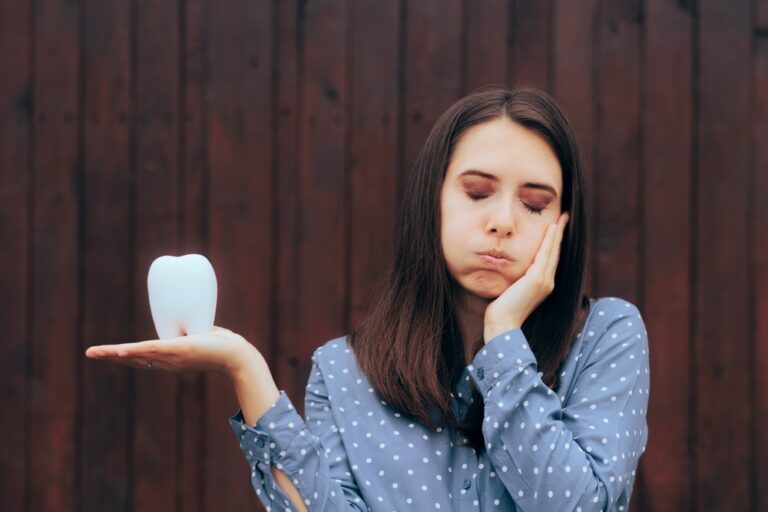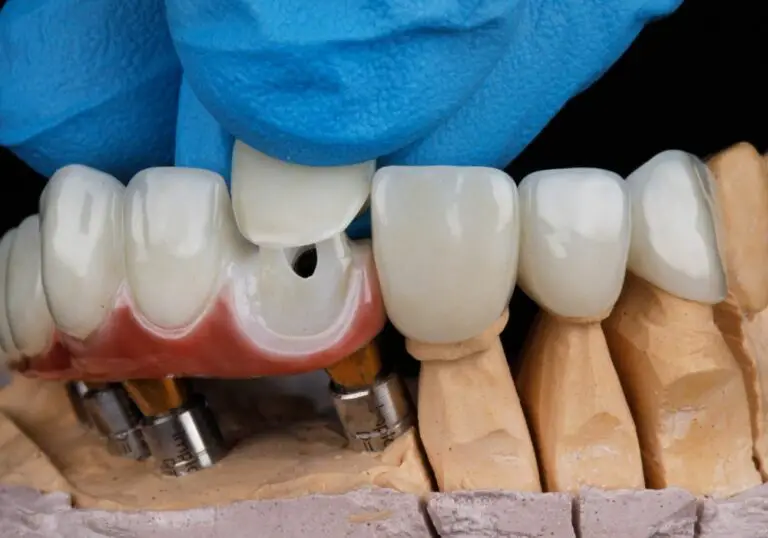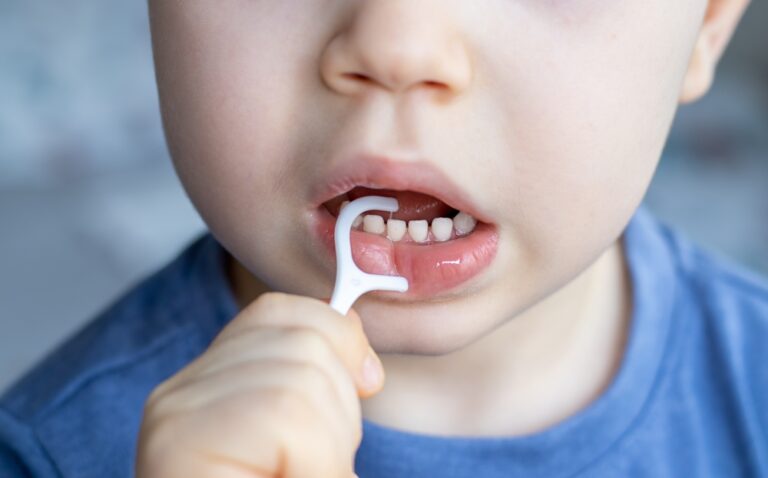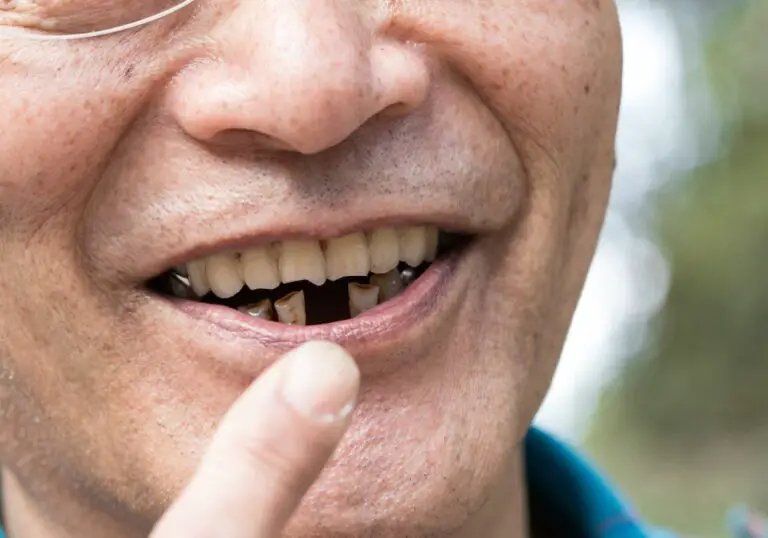Are edibles bad for teeth? This is a question that many people who consume cannabis edibles may be asking themselves. While edibles are a popular way to consume cannabis, there are concerns about their impact on oral health. In this article, we will explore the effects of edibles on teeth and provide tips on how to minimize any potential damage.
One of the main concerns with edibles is their high sugar content. Many edibles, such as gummies and brownies, are loaded with sugar to mask the taste of cannabis. Sugar is a major contributor to tooth decay, as it feeds the bacteria that cause cavities. Consuming sugary edibles regularly can increase your risk of developing cavities and other dental problems. However, it’s important to note that not all edibles are high in sugar. Some companies offer sugar-free options, which can be a better choice for your oral health.
Understanding Edibles
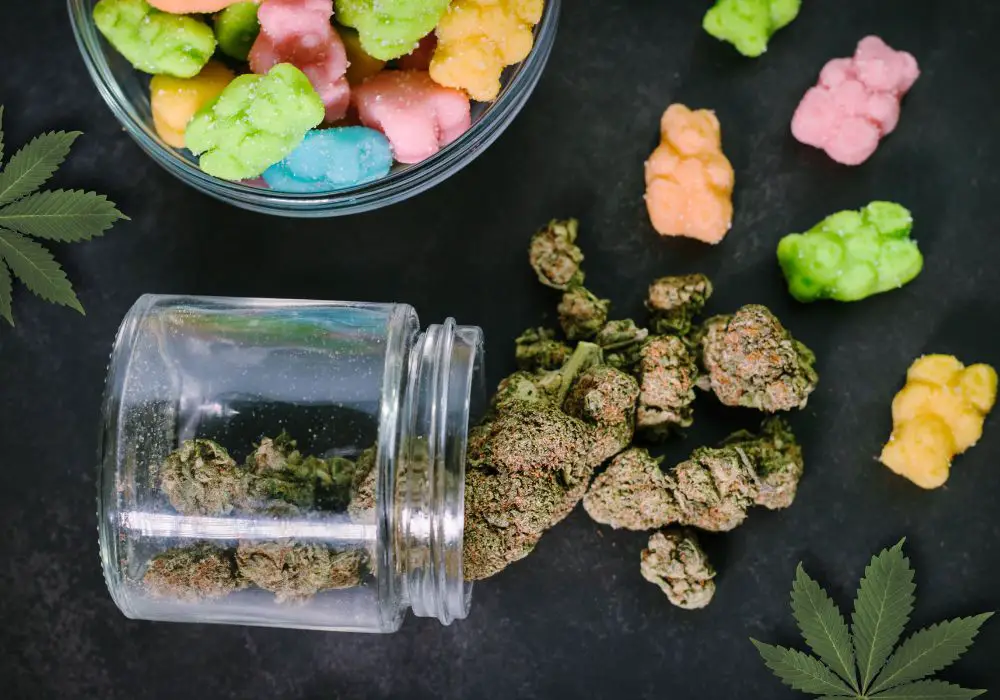
Edibles are a popular way to consume cannabis products, especially for those who prefer not to smoke. Edibles come in various forms, including gummies, chocolates, baked goods, and more. They are made by infusing cannabis extract into food products.
When you consume edibles, the effects take longer to kick in than smoking or vaping. This is because the cannabinoids in the edibles need to be digested and metabolized by your body before they can enter your bloodstream. The effects can take anywhere from 30 minutes to 2 hours to start, and they can last for several hours.
It is essential to be patient and cautious when consuming edibles, especially if you are new to them. Start with a low dose and wait for the effects to kick in before consuming more. It is also crucial to understand that the effects of edibles can be more potent and long-lasting than smoking or vaping.
Edibles can be a safe and effective way to consume cannabis products, but it is essential to be mindful of the potential risks. Consuming too many edibles can lead to unpleasant side effects such as anxiety, paranoia, and nausea. It is also important to note that edibles can be high in sugar, which can contribute to tooth decay and other oral health issues.
When consuming edibles, it is best to choose soft and easy-to-eat options that won’t aggravate any sensitive areas in your mouth. It is also essential to maintain good oral hygiene habits, such as brushing and flossing regularly, to prevent any potential oral health issues.
The Impact of Edibles on Oral Health
When it comes to consuming cannabis, edibles are becoming increasingly popular. They offer a discreet and convenient way to consume cannabis, but are they bad for your teeth? In this section, we will explore the impact of edibles on oral health.
Sugar Content
One of the main concerns with edibles is their sugar content. Many edibles contain high amounts of sugar, which can be harmful to your teeth. Sugar is a primary food source for the bacteria that cause cavities. When you consume sugary foods, the bacteria in your mouth produce acid, which can erode your tooth enamel and lead to cavities.
To minimize the impact of edibles on your oral health, it’s important to choose edibles that are low in sugar. You can also reduce the amount of time that sugar is in contact with your teeth by consuming edibles quickly and avoiding prolonged exposure.
Acidity Levels
Another factor to consider when it comes to edibles and oral health is their acidity levels. Acidic foods and drinks can erode tooth enamel, making your teeth more susceptible to decay and cavities. Many edibles, particularly gummies and other chewy candies, are highly acidic.
To minimize the impact of edibles on your oral health, it’s important to choose edibles that are low in acidity. You can also reduce the amount of time that acidic foods are in contact with your teeth by consuming edibles quickly and avoiding prolonged exposure.
In summary, edibles can have an impact on your oral health, particularly in terms of their sugar content and acidity levels. To minimize the impact of edibles on your teeth, choose edibles that are low in sugar and acidity, consume them quickly, and practice good oral hygiene habits such as brushing and flossing regularly.
Effects of Long-Term Use

When it comes to cannabis edibles, the effects of long-term use on teeth are not yet fully understood. However, some studies suggest that regular consumption of edibles can have negative impacts on oral health.
One of the main concerns is that edibles can cause dry mouth, or xerostomia. This is because THC, the psychoactive compound in cannabis, can reduce saliva production. Saliva helps to wash away harmful bacteria and neutralize acids in the mouth, so a lack of it can increase the risk of tooth decay and gum disease.
Another potential issue with long-term use of edibles is that they can be high in sugar and other carbohydrates. This is especially true of baked goods like brownies and cookies, which are often made with added sugars and refined flours. Consuming too much sugar can lead to tooth decay and cavities, as bacteria in the mouth feed on sugar and produce acid that erodes tooth enamel.
In addition to these concerns, there is also some evidence to suggest that THC may interfere with the body’s ability to absorb calcium. This mineral is essential for strong teeth and bones, so a deficiency can increase the risk of dental problems and osteoporosis.
Overall, while more research is needed to fully understand the long-term effects of cannabis edibles on oral health, it is clear that they can have negative impacts on teeth and gums. If you choose to consume edibles, it is important to practice good oral hygiene and limit your intake of sugary treats.
How to Protect Your Teeth
When consuming edibles, it’s important to take care of your teeth to prevent any damage. Here are some tips to protect your teeth while enjoying your favorite cannabis-infused treats:
Brush Your Teeth
Brushing your teeth after consuming edibles can help remove any leftover particles from your teeth. It’s recommended to brush your teeth twice a day for two minutes each time.
Drink Plenty of Water
Drinking water can help wash away any sugars or acids that may be left in your mouth after consuming edibles. It’s also a good idea to drink water while consuming edibles to help prevent dry mouth.
Avoid Sugary and Acidic Foods
Consuming sugary and acidic foods along with edibles can increase the risk of tooth decay and erosion. Try to avoid these types of foods and drinks, such as soda, energy drinks, and citrus fruits.
Use Sugar-Free Gum or Mints
Chewing sugar-free gum or mints can help stimulate saliva production, which can help neutralize acids in your mouth and prevent tooth decay.
Wait Before Brushing Your Teeth
It’s best to wait at least 30 minutes after consuming edibles before brushing your teeth. This is because the acids in certain edibles can soften your tooth enamel, and brushing immediately after consuming them can cause further damage.
By following these tips, you can help protect your teeth while enjoying your favorite cannabis-infused treats.
Alternatives to Edibles
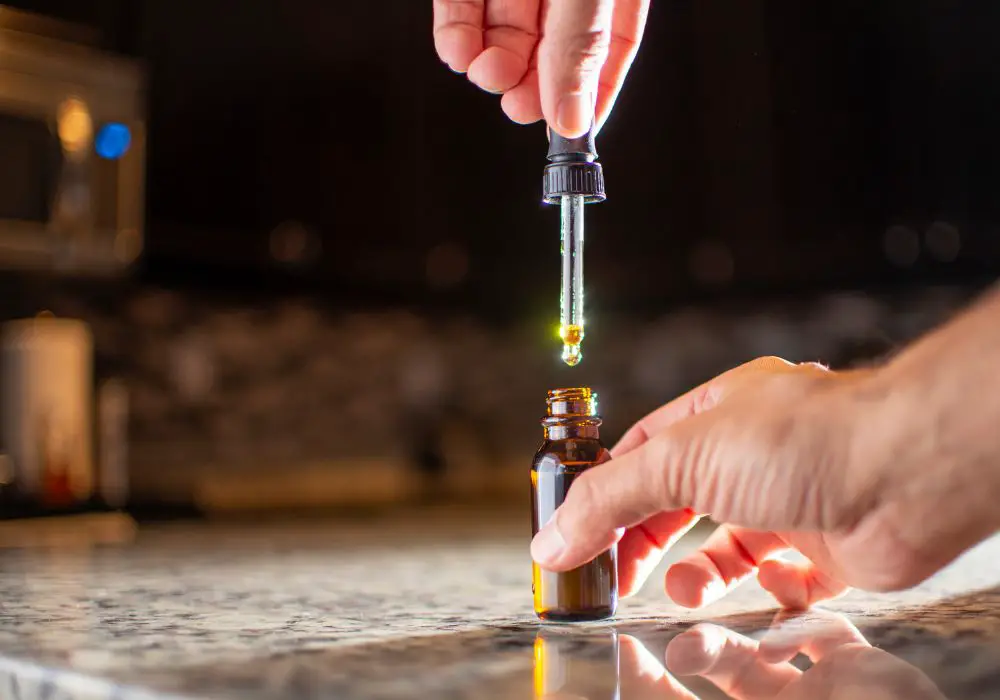
If you’re worried about the effects of edibles on your teeth, there are plenty of alternatives that you can try. Here are some options to consider:
Smoking
Smoking cannabis can be an alternative to edibles. While smoking can still have negative effects on your teeth and gums, it’s generally considered less harmful than edibles. Smoking doesn’t expose your teeth to the same level of sugar and acid as edibles, which can cause tooth decay and other dental problems.
Vaping
Vaping is another alternative to edibles that you might want to consider. Vaping involves heating cannabis to release its active compounds, which you then inhale through a vaporizer. Like smoking, vaping can have some negative effects on your teeth and gums, but it’s generally considered less harmful than edibles.
Tinctures
Cannabis tinctures are another option to consider if you’re looking for an alternative to edibles. Tinctures are liquid extracts that you can take orally or add to food and drink. They’re usually made by soaking cannabis in alcohol or another solvent. Tinctures are a good option if you want to avoid the negative effects of smoking and vaping.
Topicals
Topical cannabis products are another alternative to edibles. These products are applied directly to the skin and can be used to treat a variety of conditions, including pain and inflammation. Topicals don’t have any negative effects on your teeth or gums, so they’re a good option if you’re concerned about dental health.
Other Options
There are plenty of other cannabis products that you can try if you’re looking for an alternative to edibles. Some options include:
- Capsules: Cannabis capsules are a convenient and discreet way to consume cannabis. They’re usually made by filling gelatin capsules with cannabis oil or powder.
- Beverages: Cannabis-infused beverages are becoming more popular. They’re usually made by adding cannabis oil or tincture to a drink.
- Suppositories: Cannabis suppositories are another option to consider if you’re looking for an alternative to edibles. They’re usually made by mixing cannabis oil with a carrier oil and then molding the mixture into a suppository shape.
Ultimately, the best option for you will depend on your personal preferences and dental health. It’s always a good idea to talk to your dentist or doctor before trying any new cannabis products.
Frequently Asked Questions
Can edibles cause dry socket?
Dry socket is a painful condition that can occur after a tooth extraction. While edibles themselves do not cause dry socket, the act of sucking or chewing on them can dislodge the blood clot that forms in the socket and lead to dry socket. It is best to avoid consuming edibles for at least 24 hours after a tooth extraction.
Do edibles cause tooth decay?
Edibles themselves do not cause tooth decay, but many edibles, especially gummies and candies, contain high amounts of sugar. Consuming sugary edibles can increase the risk of tooth decay if proper oral hygiene is not maintained. It is important to brush and floss regularly and limit sugary snacks to protect your teeth.
Do edibles affect your gums?
Edibles do not directly affect your gums, but smoking cannabis can lead to periodontal complications and xerostomia, which can increase the risk of gum disease. Consuming edibles instead of smoking may be a better option for maintaining healthy gums.
Why do edibles make my teeth hurt?
Edibles can cause sensitivity or pain in the teeth if they are too cold or too hot. Additionally, some edibles may contain acidic ingredients that can erode tooth enamel and cause sensitivity. It is important to consume edibles at a moderate temperature and to choose products that are not acidic.
Is it safer to eat edibles than smoke?
While smoking cannabis can have negative effects on oral health, consuming edibles also has its risks. Edibles can be high in sugar, which can increase the risk of tooth decay, and they can also dislodge blood clots and cause dry socket after tooth extractions. It is important to consume edibles in moderation and maintain good oral hygiene to protect your teeth.
What are some tooth-friendly foods?
Some tooth-friendly foods include fresh fruits and vegetables, lean proteins, and dairy products. These foods are low in sugar and high in nutrients that support healthy teeth and gums. It is also important to drink plenty of water to keep your mouth hydrated and rinse away food particles and bacteria.

